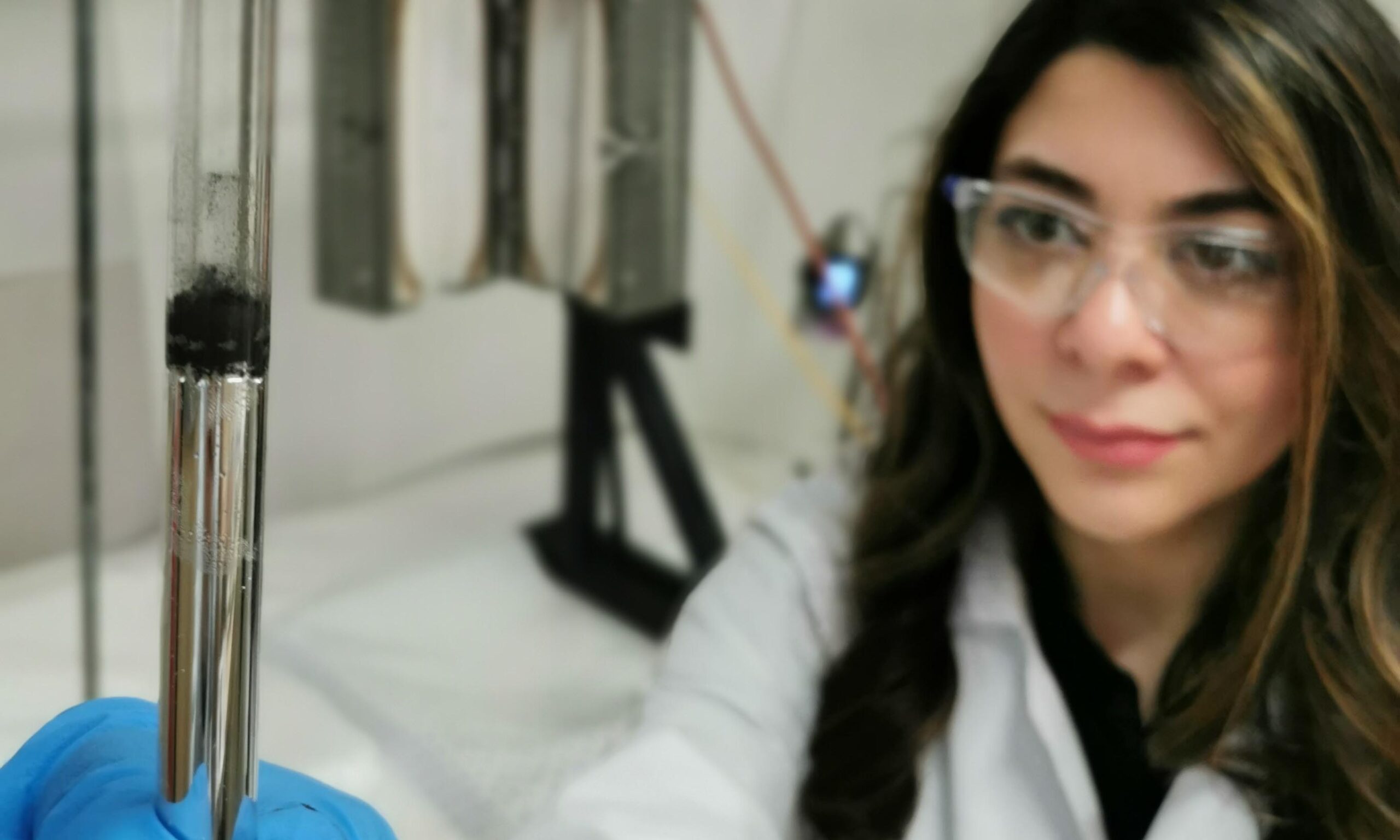Scientists at Australia’s Royal Melbourne Institute of Technology (RMIT) University have found a new way to turn CO2 into solid matter.
Called decarbonisation, the process reduces carbon dioxide (CO2) emissions resulting from human activity in the atmosphere. The team’s new method offers a direction for instantly converting carbon dioxide as it is produced, and locking it permanently in a solid state, keeping the carbon out of the atmosphere.
According to the researchers, their decarbonisation method is more scalable than other procedures, making it possible to become a commercially viable solution in reducing carbon emissions for heavy industries such as steel and cement.
The steel and cement sectors are responsible for about 7 per cent of total global CO2 emissions, according to the International Energy Agency, with both industries expected to continue growing over coming decades as demand is fuelled by population growth and urbanisation.
A patent has already been filed for the technology, and the researchers have signed a $AU2.6 million agreement with the Australian environmental tech company ABR, which commercialises systems to decarbonise the steel and cement manufacturing industries.
In a typical decarbonisation process, CO2 is pressurised into liquid then transported to a suitable site underground. So far, this method has proven costly and has raised environmental concerns over the safe storage of CO2 underground.
Torben Daeneke, Australian Research Council DECRA Fellow at RMIT, explained that the new approach offers a sustainable alternative, with the aim of both preventing CO2 emissions and delivering value-added use of carbon.
“Turning CO2 into a solid avoids potential issues of leakage and locks it away securely and indefinitely,” said Daeneke. “And because our process does not use very high temperatures, it would be feasible to power the reaction with renewable energy.”
Dr Ken Chiang, a co-lead researcher of the project, said the team is keen to hear from other companies to understand the challenges in difficult-to-decarbonise industries and identify other potential applications of the technology.



